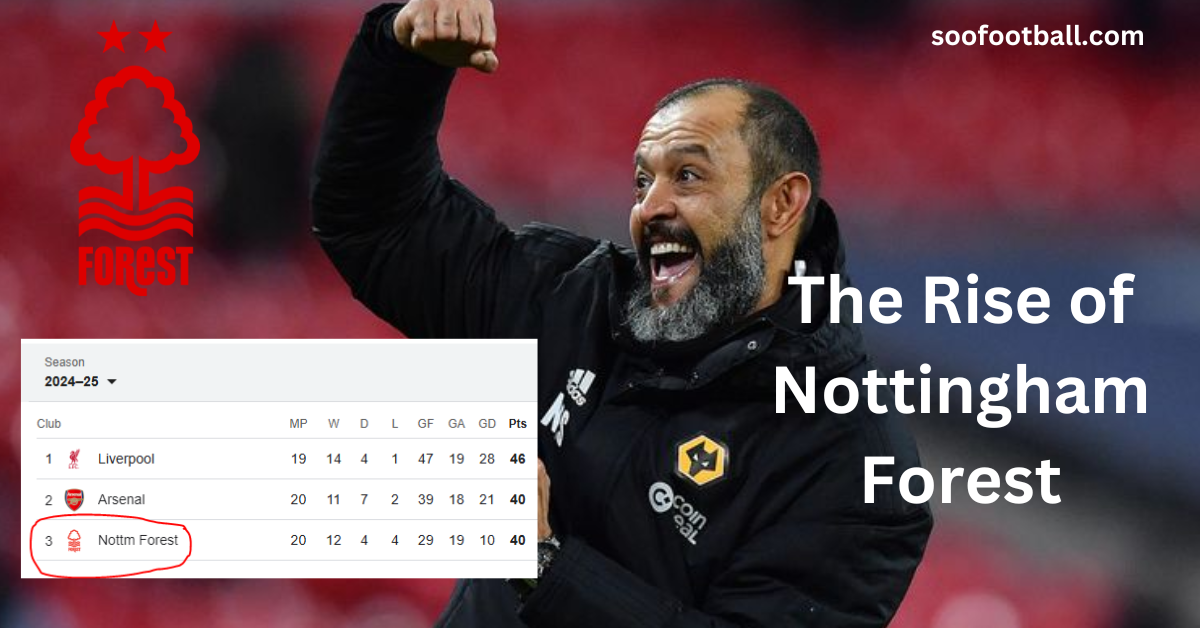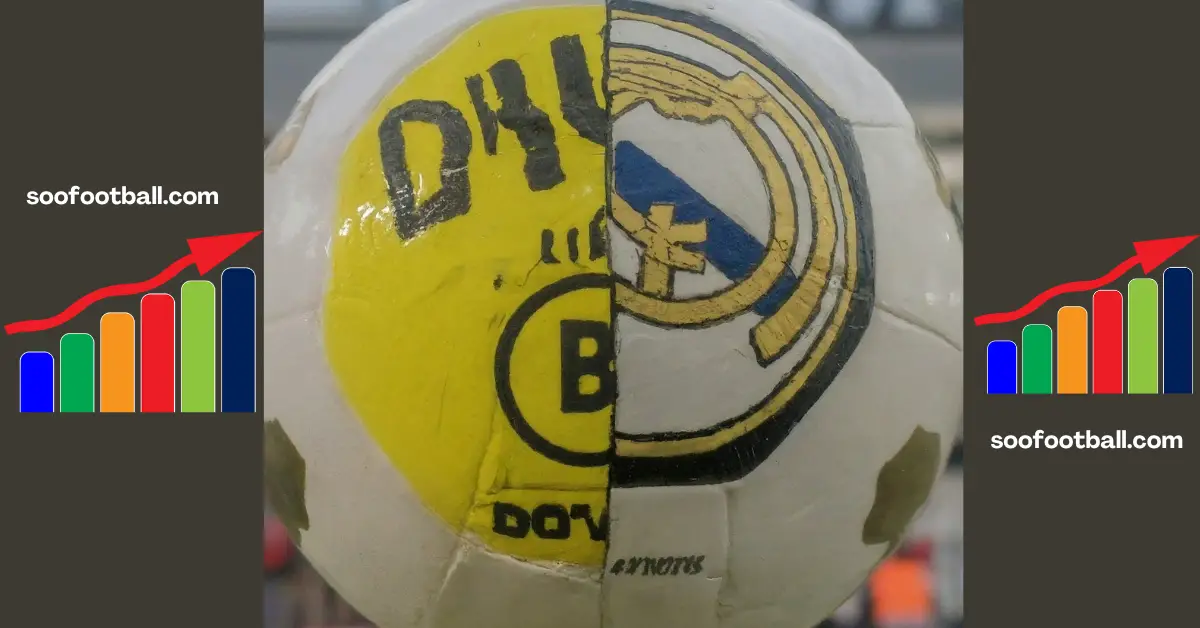The Premier League is set to implement a series of changes for the 2024/2025 season, aiming to address player welfare, fixture congestion, and the development of the English football pyramid. The most significant alterations include a longer summer break in place of the mid-season break, the removal of first-round FA Cup replays, and an additional £33 million in funding for grassroots football initiatives.
Prioritizing Player Welfare with a Longer Break
The congested fixture calendar, a by-product of European competitions and international commitments, has placed player fitness and well-being under increasing strain. To combat this, the Premier League is opting for a longer summer break in lieu of the mid-season break. This extended rest period offers several potential benefits.
Players will have more time for proper recovery and recuperation, leading to a potentially fitter and fresher squad throughout the season. This can translate to a more competitive league with a higher quality of play as players are at their peak physical condition for a longer duration.
Additionally, a longer break could reduce the risk of injuries that are often exacerbated by fatigue. This could lead to less disrupted seasons and a more even playing field, where the absence of key players doesn’t hamper teams.
The relentless schedule can take a toll on players’ mental well-being. The extended summer break allows them to disconnect from the constant pressure of competition, recharge mentally, and return with renewed focus and motivation.
However, the longer break is not without potential drawbacks. Disrupting the momentum established in the season’s early stages is a concern. Teams may take some time to regain their rhythm and form upon returning from the extended break.
Additionally, the transfer window might pose challenges with less time for clubs to finalize deals and integrate new players before the season kicks off.
Read Also:
- Champions League Final 2025 Prediction: PSG vs Inter Milan Tactical and Statistical Analysis

- The Stats Behind the Greatest International Goal Scorers

- Who Will Win The 2024/25 Champions League Trophy? [Predictions + Analysis]

- The Rise of Nottingham Forest: From Underdogs to Premier League Title Contenders

- Mo Salah vs Thierry Henry Stats: Comparing Two Premier League Legends

- Dortmund vs Real Madrid Stats Analyzed

FA Cup Replays Scrapped from Round One
The decision to scrap FA Cup replays in the first round has emerged as a contentious issue. Traditionally, first-round replays have provided a platform for lower-league teams to cause upsets against Premier League giants. These “magic of the cup” moments have been a source of significant viewership and generated excitement in the early stages of the competition. However, the removal of replays could limit these underdog stories, potentially diminishing the intrigue surrounding the early rounds.
Furthermore, replays are a valuable source of income for lower-league clubs, both through gate receipts and television revenue. Removing them could negatively impact their financial health.
On the other hand, scrapping replays is a measure to alleviate fixture congestion for Premier League teams, which could have positive implications for player welfare and maintaining a competitive league schedule. It also allows for a more streamlined FA Cup format, potentially increasing viewership in the later stages of the competition, where high-profile teams clash.
The long-term impact of this change on the FA Cup’s popularity and the financial health of lower-league clubs will need to be closely monitored.
Read Also: Are Premier League Teams Playing Too Much Matches?
Increased Funding for Grassroots Football
In a move aimed at bolstering the foundation of English football, the Premier League is increasing its investment in grassroots football by an additional £33 million. This substantial financial boost can be directed towards several crucial areas.
Improved facilities are essential for young players to develop their skills. This funding can be used to create better pitches, and training grounds, and provide access to high-quality equipment.
Also, investing in coaching initiatives is paramount. Funding can be directed towards training programs for coaches, ensuring that aspiring footballers receive proper instruction and guidance.
These resources can be used to increase participation in grassroots football. Implementing programs that attract young players to the game can promote physical activity, and social interaction, and foster a love for the sport at a young age. This investment could potentially lead to a future generation of talented players who can contribute to the Premier League’s success.
A Balancing Act for a Sustainable Future
The Premier League’s decision to implement these changes represents an attempt to address several key concerns facing English football.
While there will be adjustments and potential downsides to consider, the longer break for players, additional resources for grassroots development, and streamlining of the FA Cup format offer promising long-term benefits.
The impact of these changes on the overall health of the Premier League and the English football pyramid as a whole will be a topic of discussion and analysis in the coming seasons.





